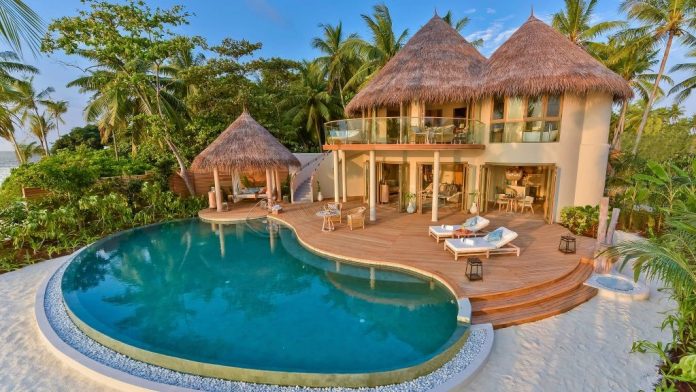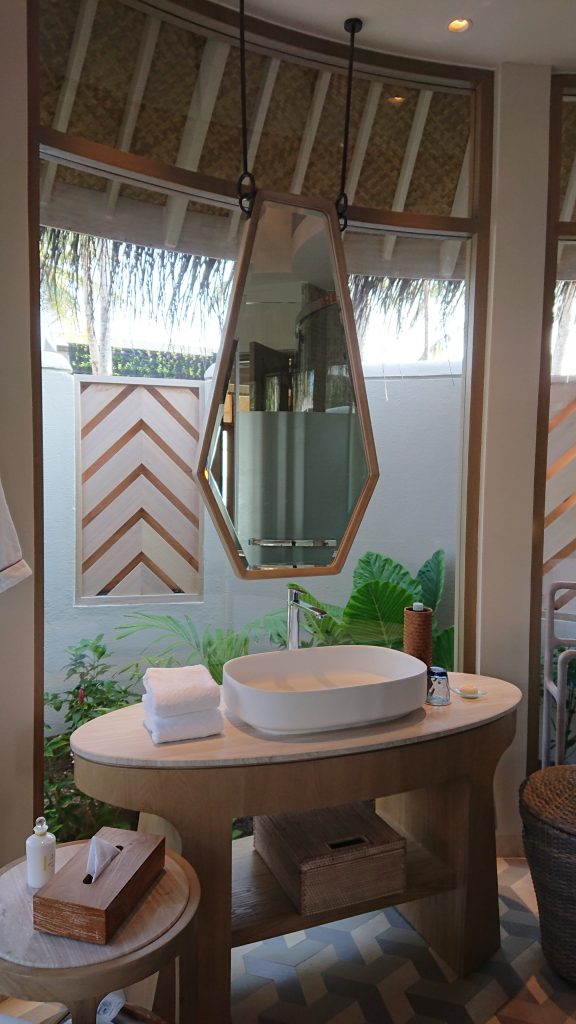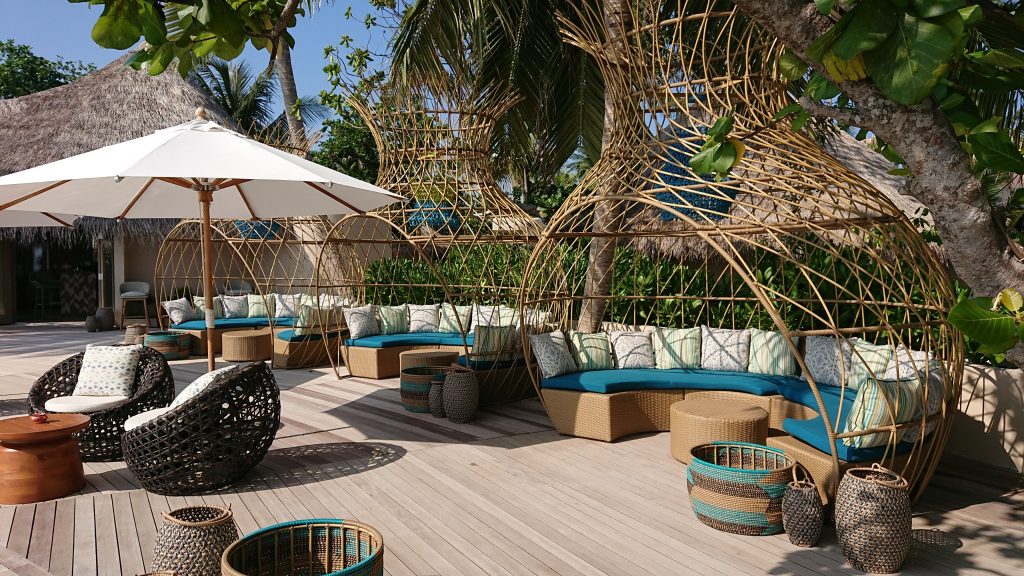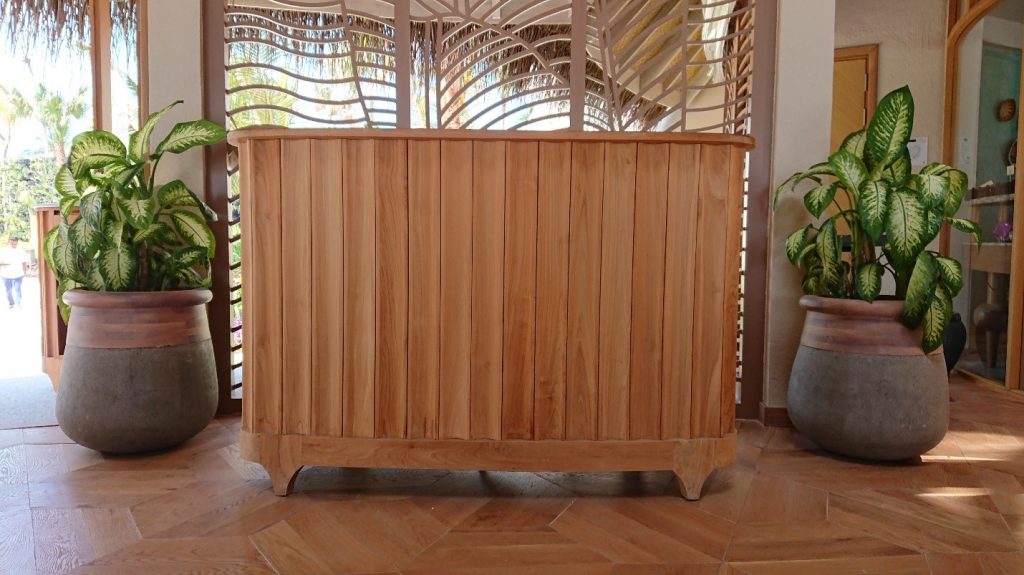
Amidst the bevy of resorts opening in the Maldives, The Nautilus stands out by reimagining the experience associated with a typical getaway in the region. The resort seeks to become a respite of freedom and liberation without forsaking its ultra-luxurious DNA—paired with an interior design that matches up to this ambitious theme, achieved by Aston Design and Onestop.
Located in Baa Atoll, a UNESCO biosphere reserve, The Nautilus comprises of 26 beach and ocean houses — each with its own private pool — that guests call home. The project brings together the best of the Maldives: pristine alcoves of tropical greenery and coral reefs and the unparalleled hospitality that the region is known for. Upon arrival, guests are given free rein to do as they wish—from heading out to Hanifaru Bay to swim with manta rays, to dropping in at the restaurant anytime for a late breakfast.

The unique architecture of the residences at The Nautilus, coupled with its one-of-a-kind concept, thus called for a different approach. The responsibility fell upon Onestop and Aston Design, with the latter’s Singapore studio overseeing the implementation on-site.
Besides taking inspiration from the sinuous curves of the nautilus shell—an element that echoes throughout the resort in the form of circular and spiral elements—there is an emphasis on making the residences feel more like personable homes than temporary hotel accommodations. “Furniture layouts with a casual feel helped give guests a sense of familiar comfort in their residences, as well as in the resort’s public spaces,” says David Edwards, the managing director of Aston Design. “We avoided rigorous symmetry and alignments, allowing the guest to adapt their physical surroundings to best suit their needs and moods.”
According to One Stop, with the design philosophy in mind, a “new bohemian” style was chosen for The Nautilus. Furnishings and fixtures incorporated rustic elements, which were executed with a pared-back approach. Graphical patterns and textures, combined with playful, vibrant colors, were worked into the furnishings of the guest amenities—evident in the assortment of organic wicker chairs found across the island, upholstered in a dizzying array of colors and patterns. No detail was left to chance, as design and well-honed hospitality worked in tandem to create a tailor-made experience for every guest.

Edwards stated that custom-made furniture that outfitted The Nautilus needed to stand up to scrutiny, as well as to the challenging elements of the Maldives. And Aston Design worked with Onestop during the value engineering and the subsequent prototyping phases. “Onestop’s extensive knowledge and experience of working in the Maldives helped ensure that the furniture they produced was fit for the climate of the Maldives,” explains Edwards.
Edward also noted that one challenge stemmed from designing fixtures that would complement the predominantly circular architectural forms that gave The Nautilus its unique character was especially the case of furnishing the bathrooms of the residences. He stated that with the rooms’ full-height glass panels and circular layout, the vanity counters for had to be entirely bespoke—carefully designed and prototyped beforehand, assisted by Onestop, to discover the perfect form that fits into The Nautilus’s design philosophy itself, and as well as provide generous counter space and ample storage.
He also highlighted that, when it came to the furniture pieces in the shared spaces, no detail was left untouched. The outdoor deck of The Nautilus features pineapple-shaped cabanas woven from wicker and upholstered in vibrant color accents, forming cozy alcoves for guests to gather in at the end of the day.

Another noteworthy piece of Nautilus sits within the all-day dining restaurant: a service station carved out of pieces of solid wood where the maître d holds court. A wave-like, undulating pattern features prominently on its front, complementing the overall circular form factor of the establishment.
The Nautilus stands among Maldives resorts as championing the new selling point of hospitality: the successful marriage of three factors—service, amenities, and design—to cater to travelers who have become increasingly discerning of where they will head to for their next vacation.












